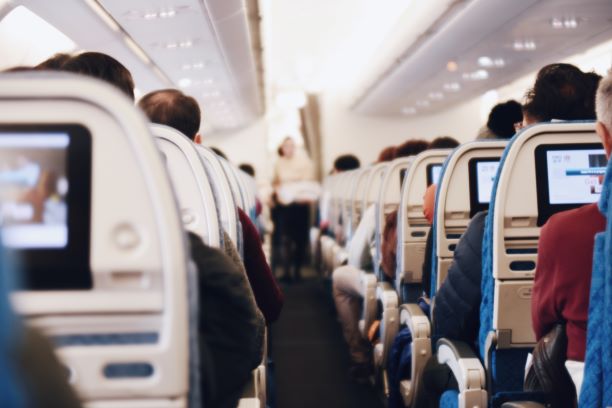Residents of Metro Manila and nearby provinces are still prohibited from traveling to other areas, Tourism Secretary Bernadette Romulo-Puyat said today, as the region continues to battle a surge of COVID cases.
Metro Manila, Bulacan, Rizal, Cavite, and Laguna—collectively known as NCR Plus—remain under the modified enhanced community quarantine (MECQ), which is scheduled to be lifted on May 14. Lockdown rules state that residents must remain inside the NCR Plus “bubble,” unless the government loosens the restrictions.
“As of now, traveling from NCR Plus [to other places] is not allowed because we are on MECQ. We’re still talking about how we can revive tourism,” Secretary Bernadette Romulo-Puyat said in an interview with ABS-CBN’s Teleradyo.
Read: Delivery workers, market vendors, media employees included in PH’s A4 vaccine priority list
She added that places such as Baguio, Bohol, Siargao, Boracay, and Cebu are open to domestic tourists, but not to residents of NCR Plus.
“It’s hard to restart tourism. That’s why it’s important that the supply of vaccines arrive. And it’s important that our tourism front liners be included in the A4 category. Even if they want to be included, they have to be on the priority list,” she said.
At present, the government is inoculating people in the A1 category, composed of healthcare workers and other personnel working in hospitals and clinics; A2, Filipinos aged 60 and above; and A3, those with comorbidities such as obesity and diabetes.
The A4 category is pretty broad. It includes market vendors, priests, media workers, hotel workers, and delivery guys, just to name a few. They are scheduled to get the jab in May or June.
The Philippines currently has vaccines from AstraZeneca and Sinovac in its arsenal. The former was donated by the COVAX facility, while Sinovac’s CoronaVac was procured by the Philippines, with some donated doses thrown in by the Chinese government. Duterte’s team had already ordered from Russia, but the doses have yet to arrive in the country.
India, where many of the world’s vaccines are being manufactured, has had to stop the exportation of these drugs due to skyrocketing numbers of COVID cases. It plans to resume exportation in June if its coronavirus cases are controlled.
The United States purchased 800 million doses of vaccines in August 2020, ahead of most countries in the world. Experts say that vaccine nationalism could hinder the march to global herd immunity, with countries in the Global South unable to purchase potent drugs to innoculate their people. World leaders have urged the US and other nations to release their excess supplies of vaccines so that other countries could use them.
The Philippines is aiming to vaccinate 70 million people this year, but as of this week, only 1.5 million have received one dose and 247,000 are fully vaccinated. The country has 69,354 active cases of COVID with 17,145 deaths. Overall, the country has logged a total of 1,028,738 cases since the pandemic started in 2020.





Reader Interactions